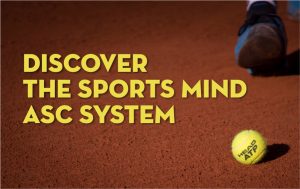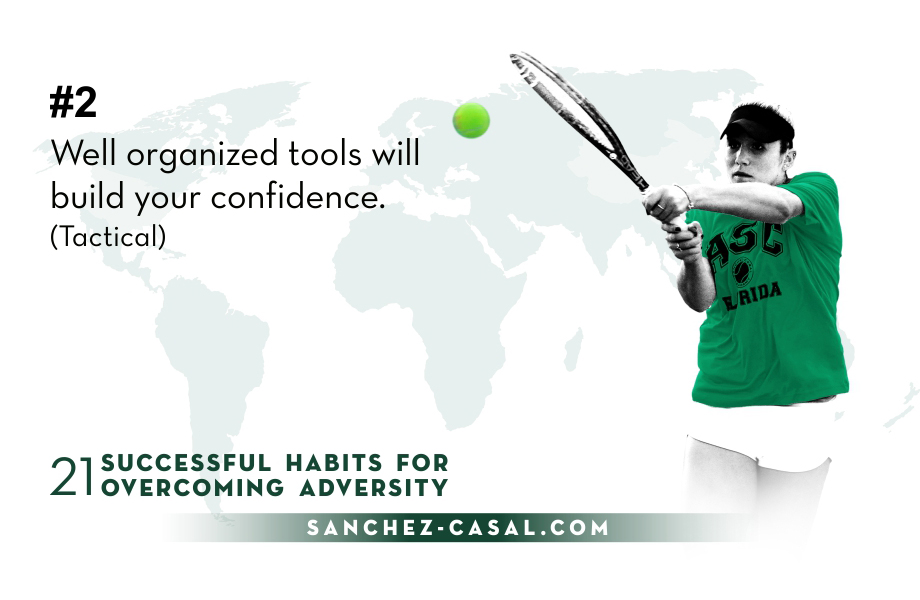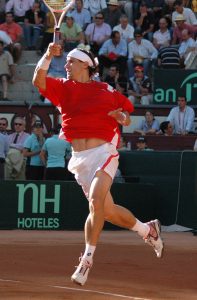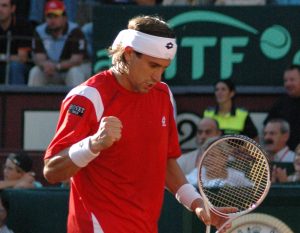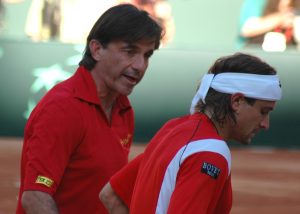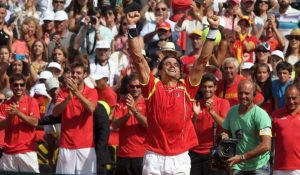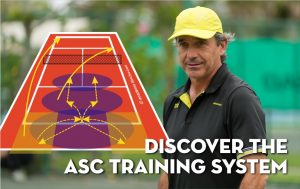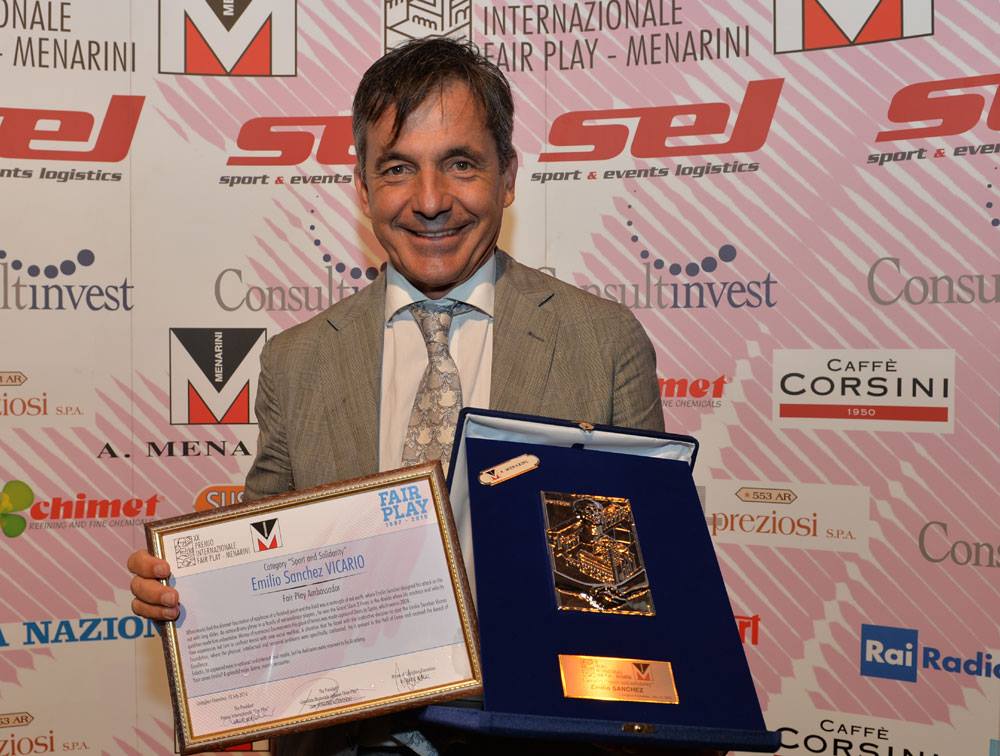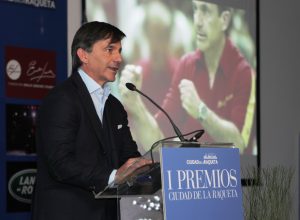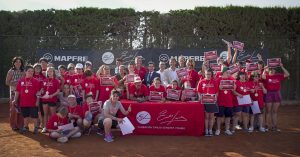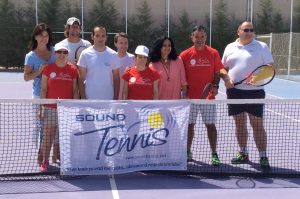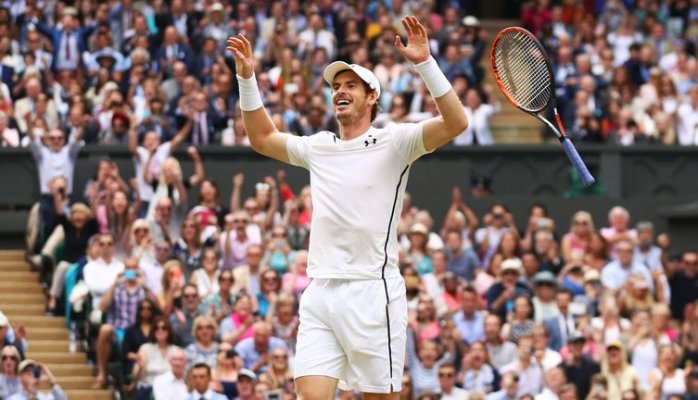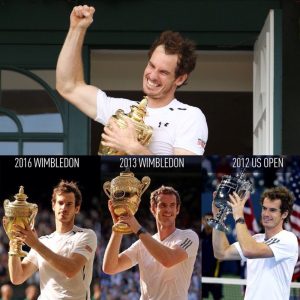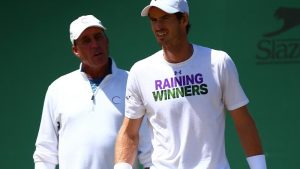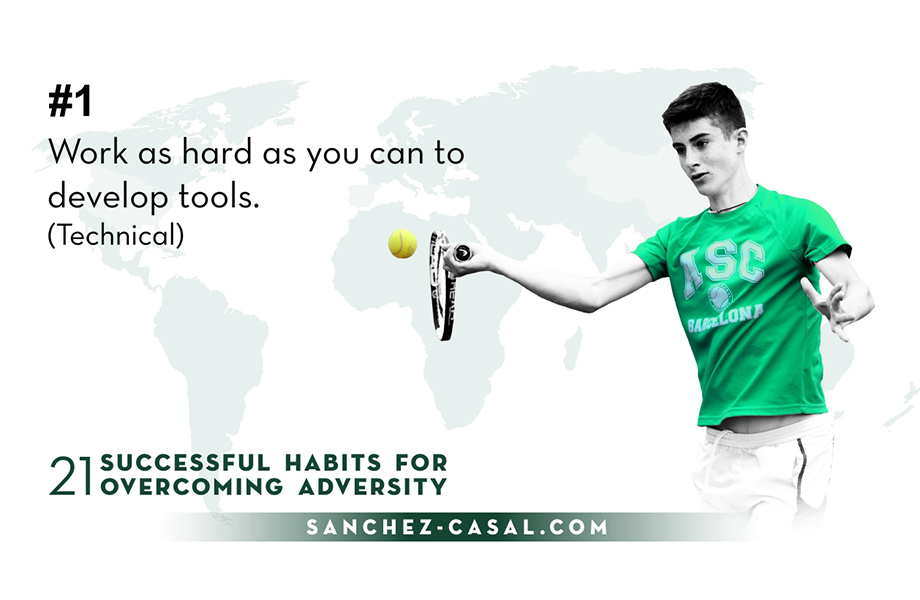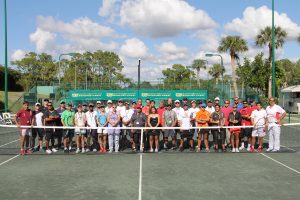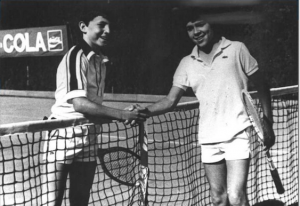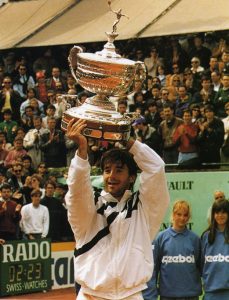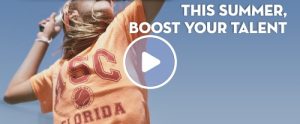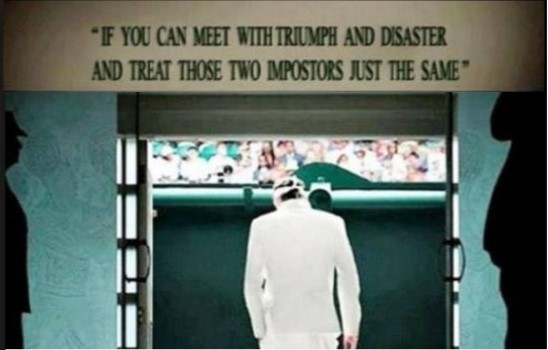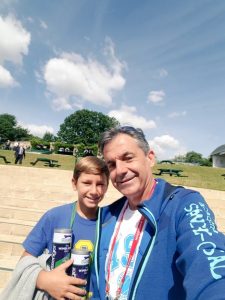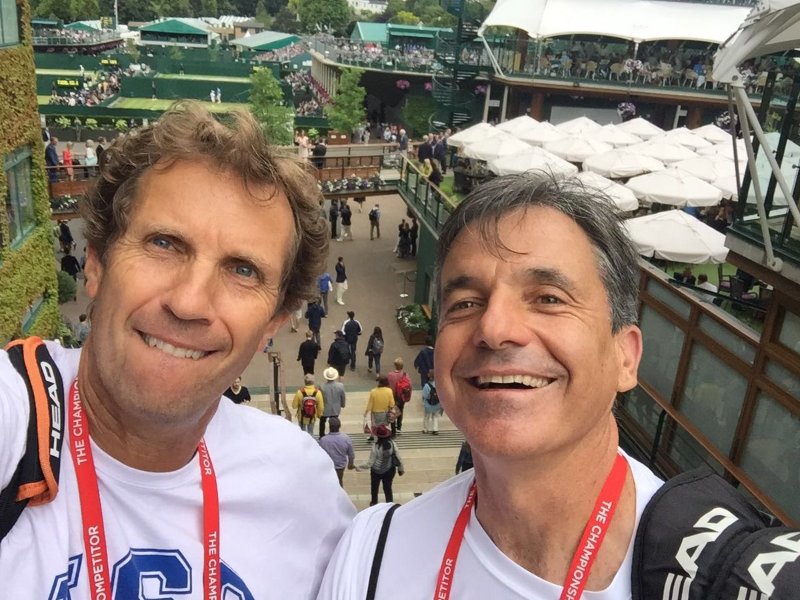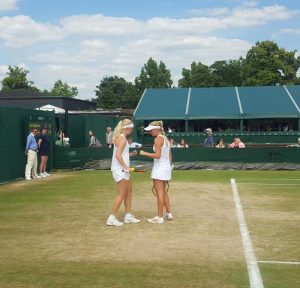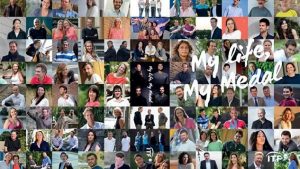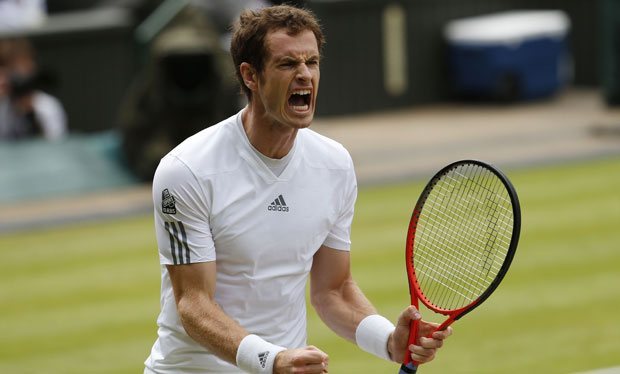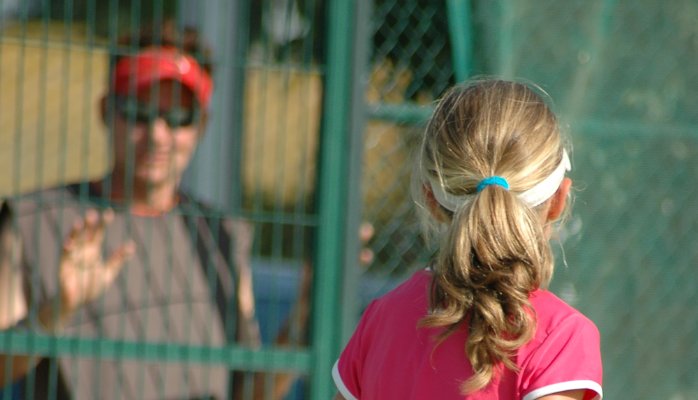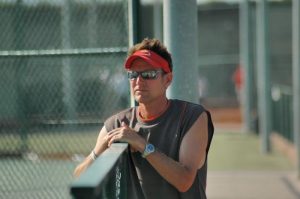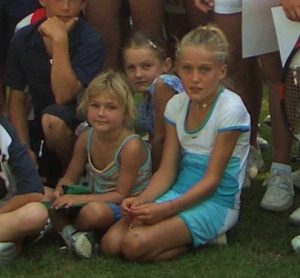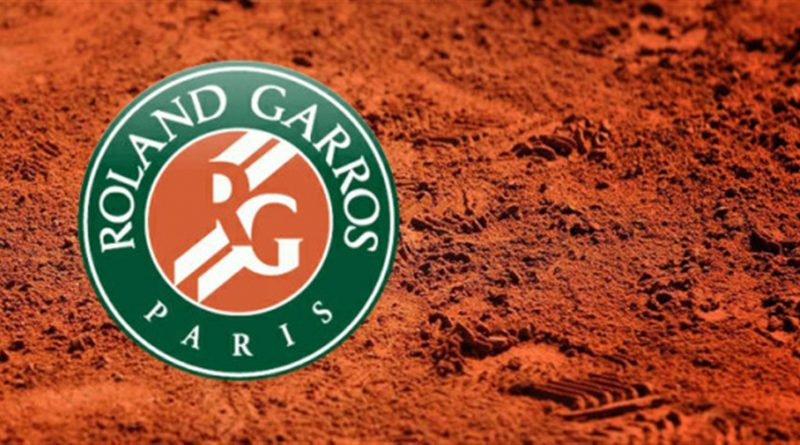By Emilio Sánchez Vicario, CEO & Founder at Sánchez-Casal Academy.
# 3 Work on short, mid and long terms goals (Mental).
August is here and our players are beginning to return to our academies in Naples, Barcelona or Nanjing. The professionals we work with are going to find us full of energy and excitement, and looking forward to going back to hard work after playing a several tournaments plus going on some well-earned holidays with the family. School also starts again. Everything is prepared. Everyone is prepared.
Some new faces, lots of old ones. We start organising the new season. New challenges, new adversities, and excitement about the next important tournaments: Eddi Herr, Little Mo, Orange Bowl and ITFs.
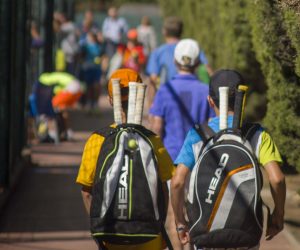
We have to give shape to these dreams and passions for everything to work. For the players, as well as the academy professionals, this means working hard to reach our goals. They know, and we know, that they can be achieved; they have, and we have, plenty of personal experience of how working hard and planning carefully always produces results. Always.
Let’s go one at a time. Each player has a new project, something to be excited about. Eugenio, Jake, Lucas, Cameron, Victoria, River… All of them individually write down what they want to achieve this season: what they want to concentrate on, what they want to fight for every day on the court. How to get in the right position to take a shot while running, how to hit the ball on the second serve or improve your reaction time when energy levels are low, and do your schoolwork when it’s the time to do so…
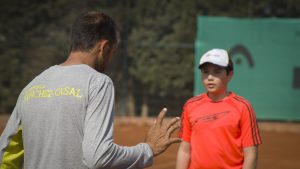
There isn’t a better way to prepare yourself for a new challenge and anticipate any adversities that might appear than by creating objectives. It’s one of the most powerful mental training tools that exists, and there are a wealth of benefits:
– Creating objectives helps us to stay focused every day we’re training on the court. You already know what you need to work towards, instead of doing things for the sake of it.
“My objective for today is to concentrate on my technique on the first serve, and work on my breathing.”
– Objectives help us to stay motivated. Knowing that you have a daily path ready to follow, not only will you feel better, but you’ll end up closer to the final goal. A purpose.
“If in these three months I try to work as hard as I can on the objectives that I’ve formulated with my trainer, I’ll be able to play at the Orange Bowl in the best condition possible.”
– We are able to manage our time better – one of the greatest strengths to have.
“I know that if I do my homework in the time I’ve set aside to do it, then I’ll be free to relax, watch a movie or spend time with my friends.”
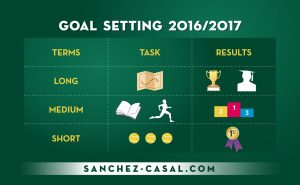
– Our energy levels will be better. Then you’ll be able dedicate your energy to specific daily challenges.
“Knowing that I have some goals to reach for next month, some for six months’ time and some for the end of the season, means that every day I can focus my energy on my goal in the moment, without thinking about what else I could be doing, thinking too far ahead or about what I’ve forgotten to do.”
– It’ll help to prevent stress. If you know your path, and you have a plan, the tools and organisation, your uncertainty will only decrease.
“I’m less worried, knowing that if I follow the plan I’ve drawn up, I’ll be able to play to the best of my ability at the IFTs at the beginning of the year in South America.”
– Our confidence will be based on the tasks you work towards every day, which depends according to the person. This provides a lot of stability.
“I’m very proud of myself, I’m achieving what my trainer and I had set out in our plan, only with daily efforts.”
All of these goals, whether they’re short-term, medium-term or long-term, mean that if you follow the steps according to plan, when the time arrives you’ll be as prepared as possible. We’ll have given shape and structure to our excitement and energy, which if weren’t channelled well, would prove to be a great difficulty instead of a great help.
Emilio Sánchez Vicario
CEO & Founder at Sánchez-Casal Academy

